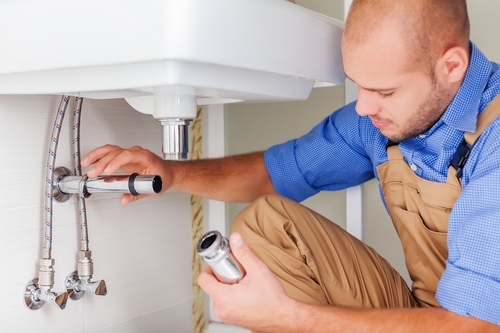
Keep Your House Warm this Winter; Prevent Frozen Pipes
Frozen pipes are always a problem when they occur. Rather than deal with them as they come, you can take steps to prevent pipes from freezing in your home or property. Some steps to take include:
1. Keep Your Heat on – When leaving the house, always keep the heat at or above 12 degrees Celsius. This helps maintain warmth in pipe water so it stays liquid. If you’re going on vacation during the winter months, consider having a house sitter to monitor heat in case the temperature drops drastically.
2. Maintain Temperatures – At night, do not lower the indoor temperature very much. While the resulting heating bill might be higher, this effort can save your pipes from overnight reductions in temperature that suddenly freeze water.
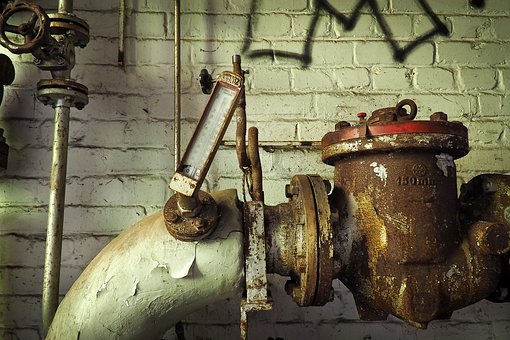
3. Add Extra Insulation – In less insulated areas of your home (such as the basement or attic), add extra protection around the pipes, since they are vulnerable to freezing. If any pipes regularly freeze in your house, safeguard them as well. You can fit fibreglass or foam rubber sleeves to pipes to keep them warm. Insulation in the walls and ceilings will also care for any pipes located there.
4. Use Heating Tape – Exposed pipes can have heating tape added directly to them to keep them warm. Heating tape can can either turn itself on when it senses heat is necessary, or requires electricity to work. Whichever type you purchase, follow the installation directions precisely and stay safe.
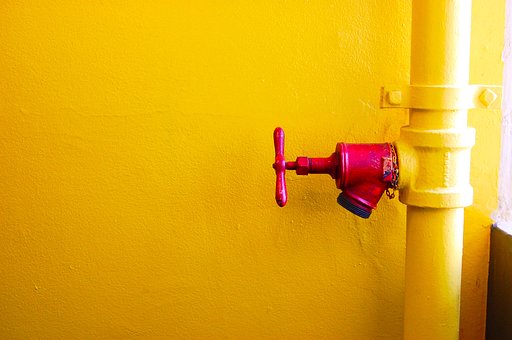
5. Keep Interior Doors Open – Keeping cabinet doors open allows ambient heat to reach pipes found inside. Also keep doors to rooms open so heat can circulate throughout the house. If cabinet doors are open, remove any dangerous chemicals kept inside and move them out of reach of children and pets.
6. Keep Garage Doors Closed – If there are any pipelines in the garage, keep the doors closed to make sure what little warm air there is stays inside.
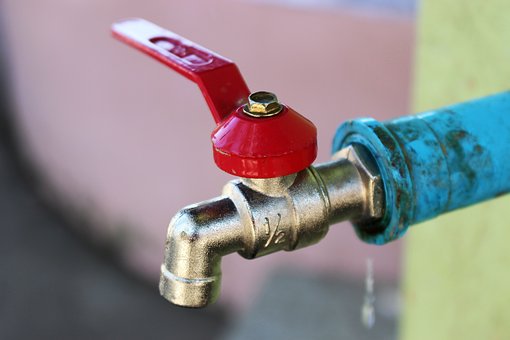
7. Let Your Water Drip – Flowing water can prevent freezing and bursting. Pressure between the blockage and the faucet is lessened by an open faucet — even one with a very slow drip. To prevent waste, you can catch the water in a bucket or pitcher and use it for other tasks.
8. Caulk Any Holes Near Your Pipes – When it gets cold, holes near your pipes can leech heat. Inspect pipes, take note of any holes or openings nearby, and seal them.
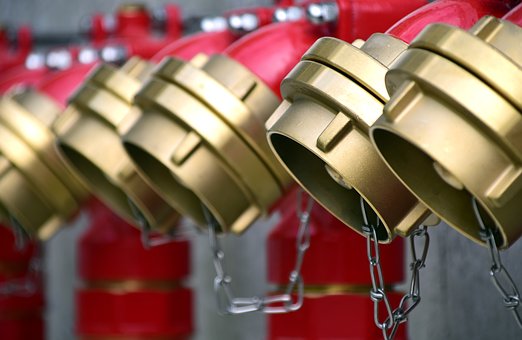
If your pipes freeze (in spite of your precautions) call a professional plumbing service as soon as possible. Abbey Plumbing and Mechanical can help with emergencies like frozen pipes — and all your plumbing needs. Contact us at (905) 822-0521.

